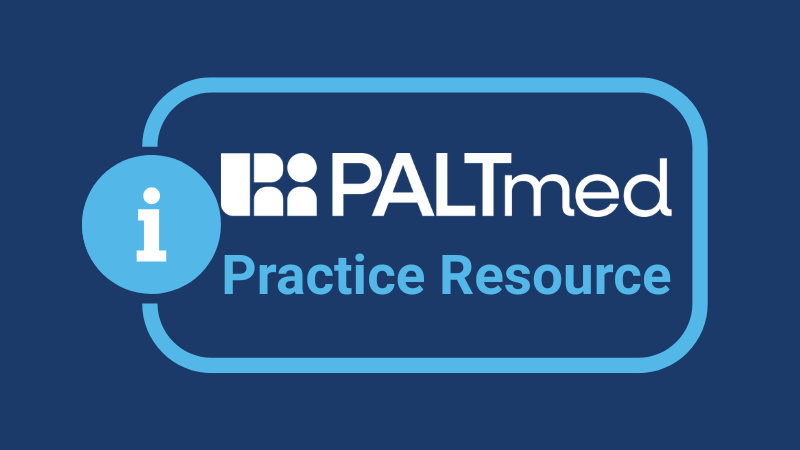November 2, 2023
People don’t always know what advance care planning, palliative care, or even hospice are, and misconceptions about these services are common. However, how we talk about these things can make a difference in people’s interest in and understanding of them. To address this, a grant-funded effort reviewed the evidence on public awareness and attitudes about these issues and developed simple, evidence-based messaging principles and a free online toolkit to help practitioners and others.
“We developed this toolkit because we want to help you change how the public views advance care planning, palliative care, and hospice and to enable more people to experience the benefit of these services,” said Marian Grant, DNP, ACNP-BC, ACHRN, FPCN, FAAN, Serious Illness Messaging consultant. She added, “We want to empower people who are doing public education—through speaking engagements, brochures, and other efforts—to share evidence-based, user-friendly information.” AMDA is among the organizations included in the grant to share the toolkit with their members and other entities nationwide.
The toolkit is organized around five messaging principles: (1) talk up the benefits (avoid the old messaging about avoiding a bad death), (2) present choices for every step (help people realize they have some control), (3) use positive stories (these help people understand the types of care you’re talking about and how they might impact them or a loved one), (4) invite ongoing dialogue (this is comforting and trust-building), and (5) invoke a new team including the person and family (let people know there are others who are there for them).
In addition to sections on steps to develop better messaging and advance care planning, hospice, and palliative care quick guides, the online kit includes several downloadable resources such as a messaging development worksheet, an informal market research worksheet, and messages and sample stories about the three areas. Users are also encouraged to use the toolkit’s copyright-free headlines and photos for any slides or brochures.
In developing the kit, Dr. Grant and her team did some research. She explained, “We looked at the data and learned that it’s a mixed bag.” They found that most people know what advance planning is, but they don’t necessarily think it applies to them. At the same time, many people either don’t know about palliative care or think it only applies at the end of life. People generally understand the concept of hospice, but there are misunderstandings about when and how it is used, and some people are concerned that hospice care might hasten death.
“We know that talking about serious illness can be challenging. It’s part culture and part human nature. Overall, people don’t want to think about advance care planning, palliative care, and/or hospice,” Dr. Grant said. “Getting people to be more open about these services will enable them to take advantage of things that have tremendous benefits for their care and quality of life. We know that once people get these services, they often wonder why they didn’t pursue them sooner.”
Dr. Grant and her team also conducted focus groups with clinicians who weren’t hospice or palliative care specialists but cared for patients with serious illnesses. “We heard that they are hesitant to bring up these issues, and, when they do, patients and families often don’t want to discuss them.” Communication and messaging to a broader audience were identified as ways to help these practitioners, and the toolkit offers this support in abundance.
The toolkit is free for everyone. You can find it here.




